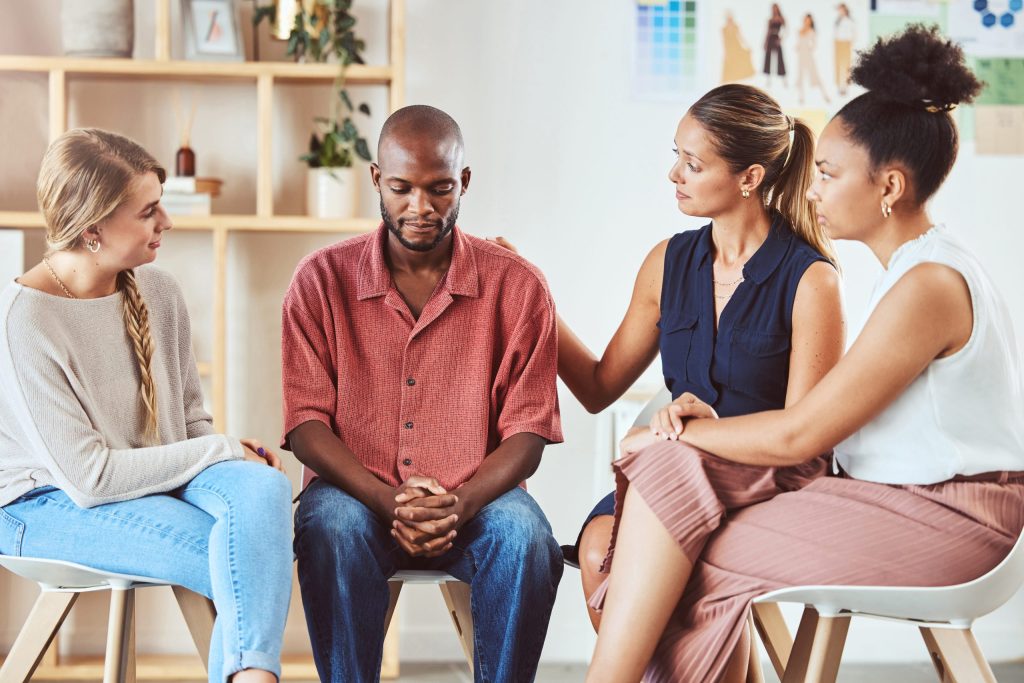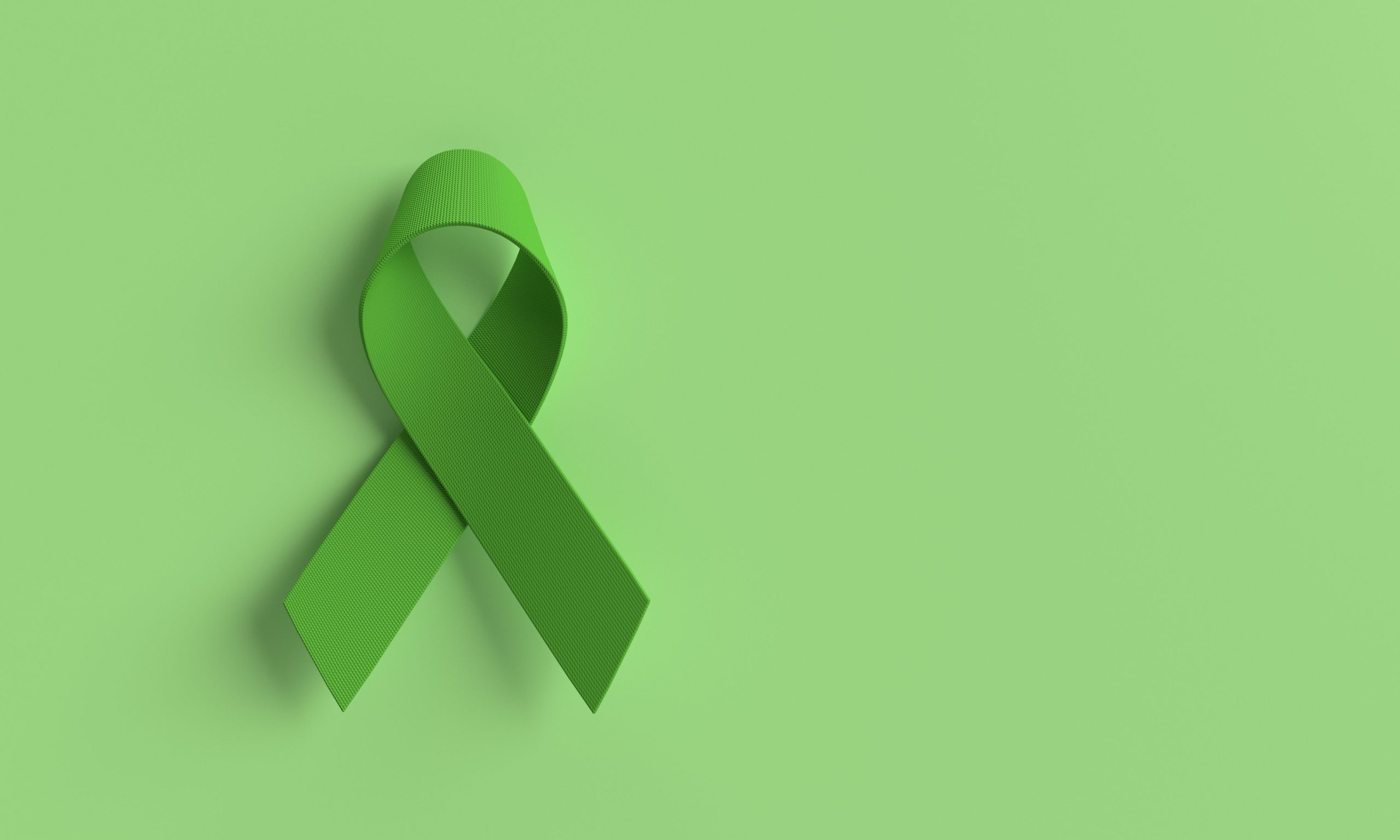For many people, talking about mental health feels overwhelming. You might wonder if others will understand or worry about being judged for your struggles. That silence can feel heavy, and it often keeps people from getting the support they need.
Mental Illness Awareness Week, observed October 5–11, was created to help break through that silence. It’s a time dedicated to raising awareness, sharing real stories, and reminding people that mental health is just as important as physical health. The week encourages open conversations, challenges stigma, and highlights that no one should have to face mental illness alone.
Every year, millions of people across the country use this week to reflect on their own experiences, check in with loved ones, and learn more about mental health conditions. By shining a light on these issues, Mental Illness Awareness Week creates space for hope, healing, and connection.
Mental Health Is Part of Being Human
One of the biggest myths about mental illness is that it only affects “other people.” In reality, nearly everyone will either experience a mental health challenge or love someone who does. Anxiety, depression, trauma, or grief. These are not signs of weakness. They’re part of the human story.

And yet, stigma often keeps people silent. We believe Mental Illness Awareness Week is about more than statistics. It’s about faces, names, and stories. It’s about remembering that behind every diagnosis is a person with dreams, strengths, and potential.
Another important aspect of Mental Illness Awareness Week is community. When people share their stories, it breaks down isolation and builds understanding. Schools, workplaces, and community centers often hold events during this week to highlight resources, provide education, and encourage people to check in with one another. These moments of connection remind us that healing is not something we need to do alone. It’s something we do together.
By participating in Mental Illness Awareness Week, families and friends create a culture where support is celebrated instead of stigmatized. That culture shift is powerful. It tells people who are struggling that their lives matter, their voices deserve to be heard, and their pain does not define their future.
Awareness Is the First Step
Awareness means noticing the signs in yourself or someone you care about:
- Struggling to get out of bed in the morning.
- Feeling detached or “numb” around loved ones.
- Using substances to cope with stress.
- Losing interest in things that used to bring joy.
Awareness also means choosing compassion over judgment. If you’ve ever told yourself, “I should be able to handle this alone,” you’re not alone. Many people feel that way until they learn that healing is possible and help is available.
Action Brings Change
Awareness is powerful, but action is what creates change. That could mean reaching out to a friend, scheduling your first counseling session, or sharing your own story. Every step matters.
At Lifeline, action looks like meeting clients with compassion and offering care that fits their needs:
- Counseling for individuals, couples, and families
- Partial Hospitalization Programs (PHP) for intensive support
- Trauma-informed therapies that help heal both mind and body
- Evidence-based modalities like CBT, DBT, EMDR, and mindfulness
Healing is not one-size-fits-all. It’s about finding the right path for you and walking it with support.
Mental Illness Awareness Week is more than just dates on a calendar. It is a movement that encourages education, advocacy, and real conversations about mental well-being. When we give this week the attention it deserves, we also permit people to share their truth without shame. That creates ripple effects, strengthening families, improving workplaces, and making communities healthier and more connected.
Beyond raising awareness, Mental Illness Awareness Week also sparks action at every level of society. Policy makers use this time to highlight the need for stronger mental health resources, while nonprofits often launch campaigns that fund local programs. Families may choose this week to start important conversations, and communities come together to support one another through workshops, outreach events, and social media movements. These efforts remind us that awareness is only the beginning, lasting change happens when we work collectively to make mental health care more accessible and stigma-free for everyone.
You Are Not Alone
If you’re living with a mental health challenge, or if someone you love is struggling, we want you to know this: you are not alone. Reaching out takes courage, but it is also the first step toward hope and renewal.
Lifeline Behavioral Health is here to walk that journey with you. Call us today or request an appointment online to connect with compassionate care and take the next step toward healing


